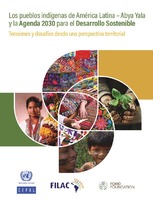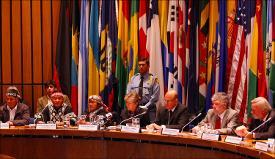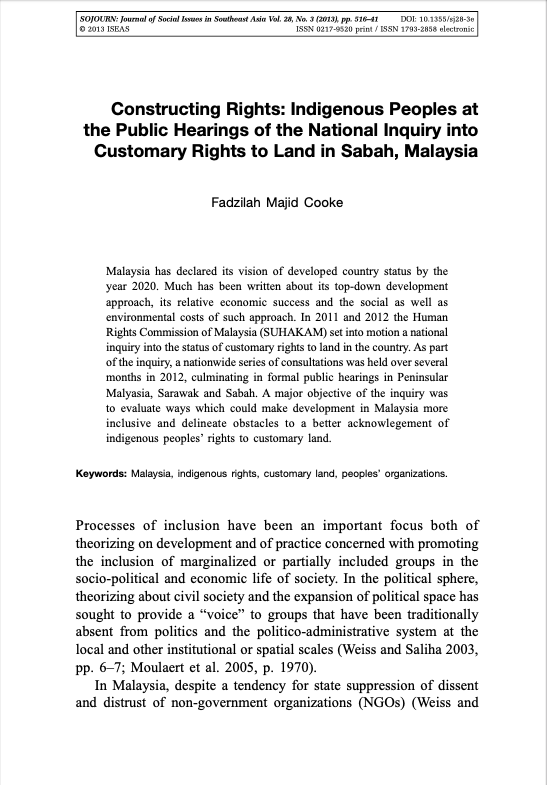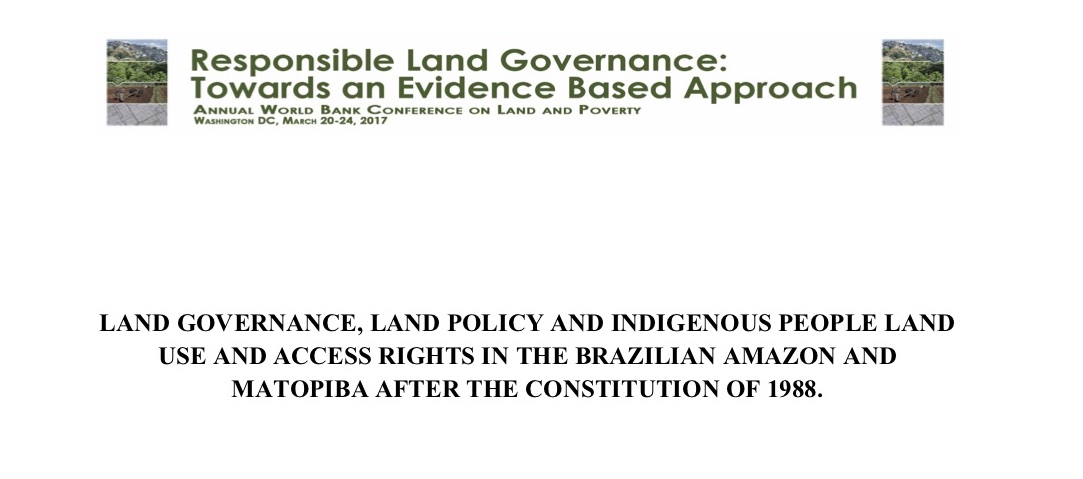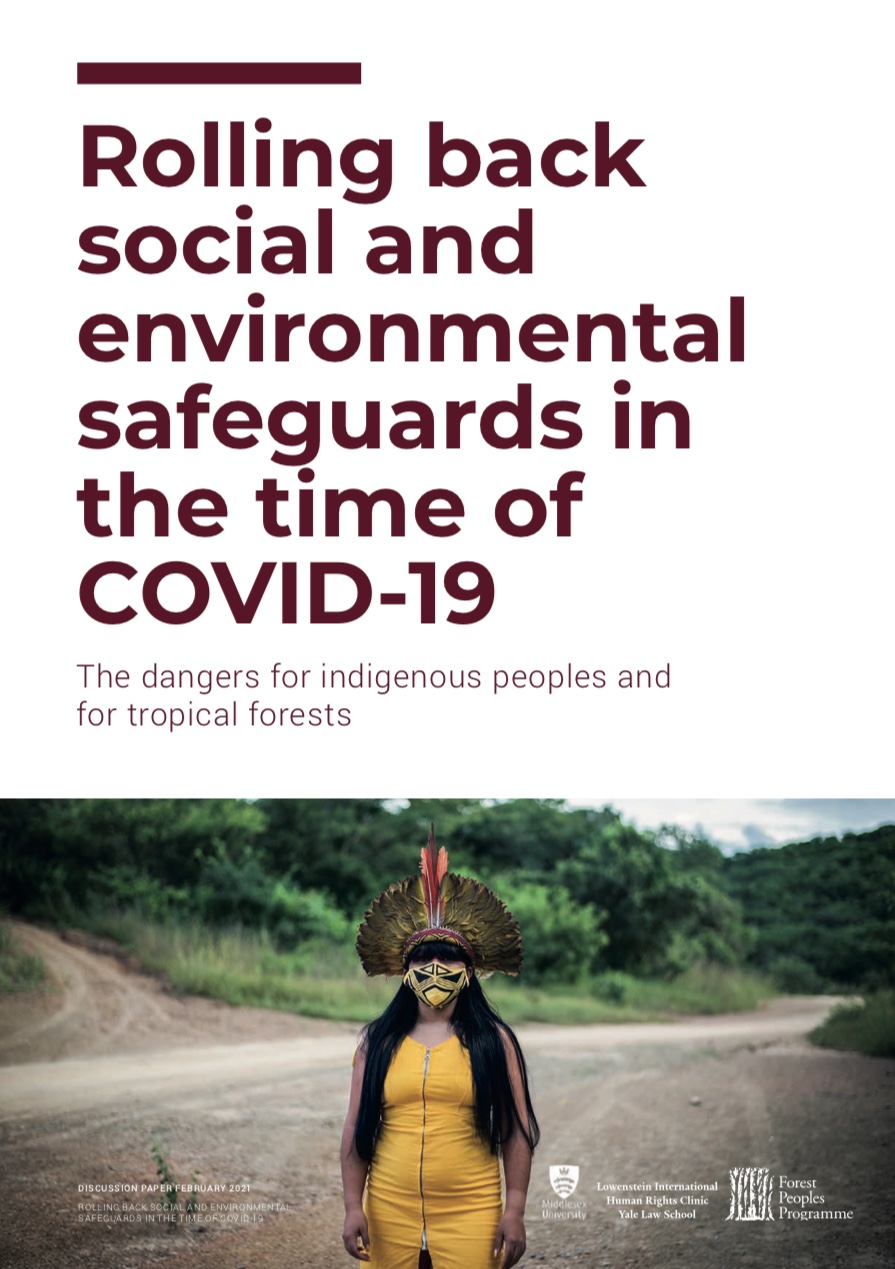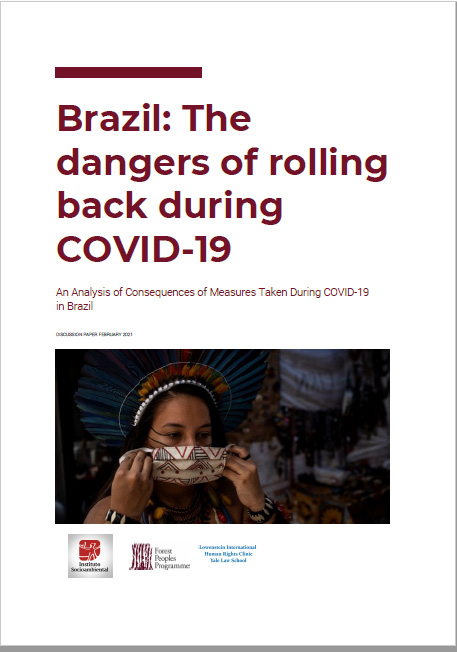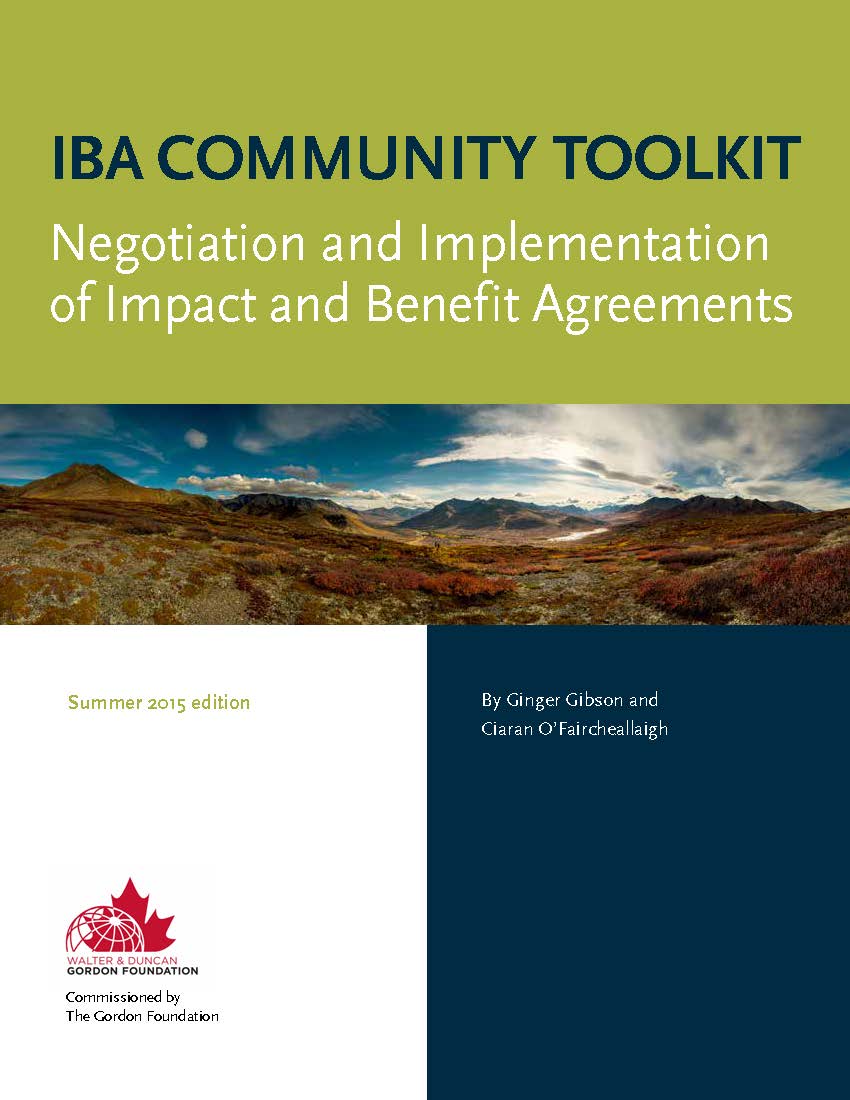Los Pueblos Indígenas en América Latina [video]
En América Latina se registran actualmente 826 pueblos indígenas que, para el año 2010, agrupaban a cerca de 45 millones de personas.
La ONU ha sido pionera en la defensa de sus derechos. En este video, la CEPAL convoca a los países de la región a poner en práctica políticas que pongan fin a las desigualdades que les afectan.




